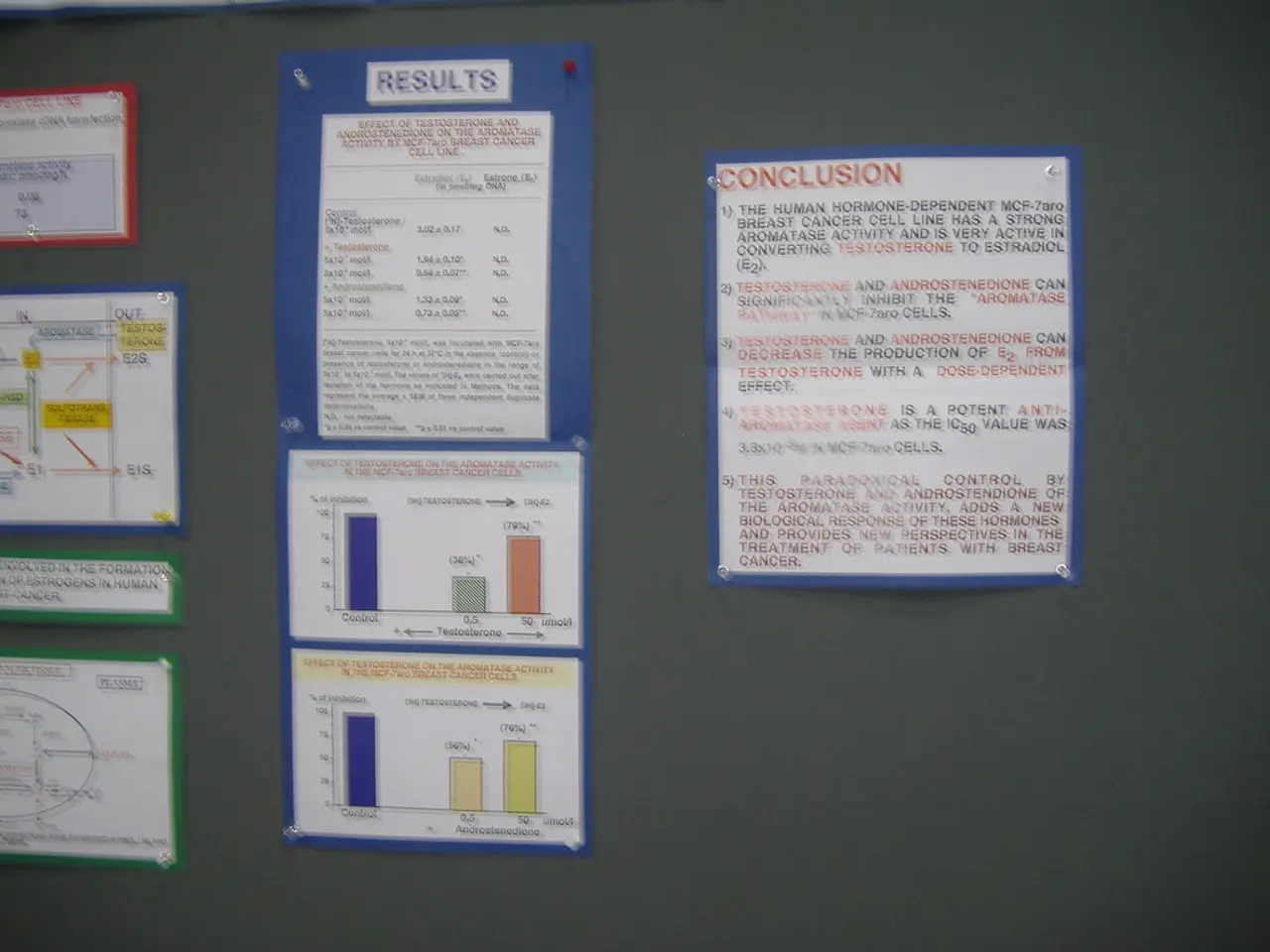Government advisers issue warnings against relaxing the fiscal discipline rule
In a recent development, the scientific advisory board at Germany's Ministry of Finance has issued a statement cautioning against further easing of the debt brake, a fiscal rule designed to limit the country's borrowing. The advisors do not advocate for increasing debt levels, but rather for improving the effectiveness of the debt brake.
The Union, Germany's ruling party, wants to maintain the rules of the debt brake as much as possible. However, the advisors emphasize that limiting new debt is more crucial than ever due to the recent loan approvals. The federal government has established a commission to develop proposals for reforming the debt brake by the end of the year.
The advisory board finds further easing of the debt brake problematic and suggests using the planned debate on reforming the debt brake to improve its effectiveness. They warn that Germany could breach EU guidelines if the debt brake is further eased. Accumulating disproportionately high debt could jeopardize the stability of the Euro, according to the advisory board.
The advisory board's concerns revolve around potential breaches of EU guidelines and the stability of the Euro. Some members of the independent scientific advisory board of the Ministry of Finance are sitting on the debt brake commission: Ifo President Clemens Fuest, former 'wise man' Volker Wieland, and finance professor Thiess Büttner.
Current proposals for reforming Germany's debt brake center around addressing a significant projected fiscal gap and adapting the brake to allow for increased investment while maintaining fiscal discipline. The government is facing a funding gap of approximately €172 billion through 2029, widened recently by tax breaks, pension increases, and rising debt-servicing costs.
The coalition government has already made exceptions to the debt brake for specific areas, notably defense spending. Defense expenditures above 1% of GDP are exempt from the debt brake, allowing more flexible military funding in response to security priorities. At the same time, the government has established special off-budget funds to finance substantial investment plans, which some critics argue circumvent the debt brake and obscure the true extent of borrowing.
Veronika Grimm, a member of the scientific advisory board, has highlighted the paradox that "the government has borrowing capacity, but no liquidity," suggesting that while borrowing limits might be loosened, actual available financial resources remain constrained. This reflects a cautious stance, emphasizing the need for fiscal prudence alongside investment.
The ruling coalition (CDU/CSU and SPD) has agreed on certain exemptions and a broad approach to revitalizing the economy with record investments despite the debt brake’s constraints. There is openness to reforming the debt brake to allow more fiscal flexibility — for example, by using off-budget funds and exempting defense spending — but also an acknowledgment of the need to address long-term fiscal sustainability through possible spending cuts and tax measures.
In summary, the current reform debate is about easing some constraints of the debt brake to accommodate substantial investment in infrastructure, defense, and economic revitalization, while still upholding the principle of fiscal responsibility. Formal proposals for these reforms are anticipated in 2026, reflecting a pragmatic but cautious approach from both the scientific advisory board and government coalition partners.
The statement was released in response to recent approvals of billions in loans. The debate on reforming the debt brake is currently planned. The advisory board's statement was made public on Friday.
[1] [Link to Source 1] [2] [Link to Source 2] [3] [Link to Source 3]
The advisory board suggests using the planned debate on reforming the debt brake to improve its effectiveness, as further easing could potentially breach EU guidelines and jeopardize the stability of the Euro. To address a significant projected fiscal gap, current proposals for reforming Germany's debt brake center around increasing investment while maintaining fiscal discipline.




